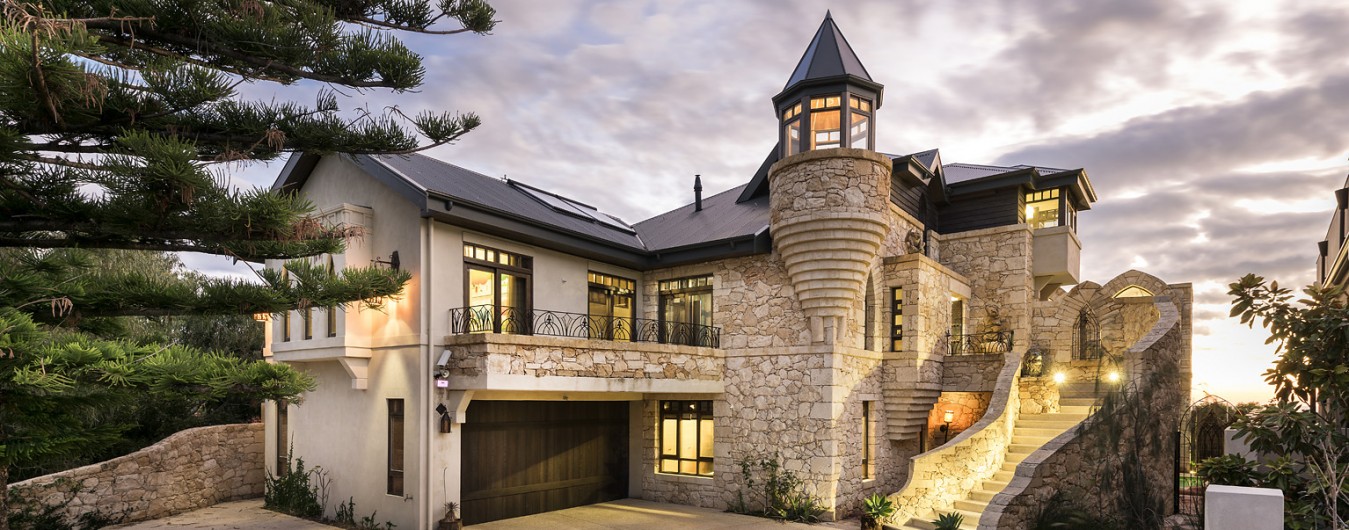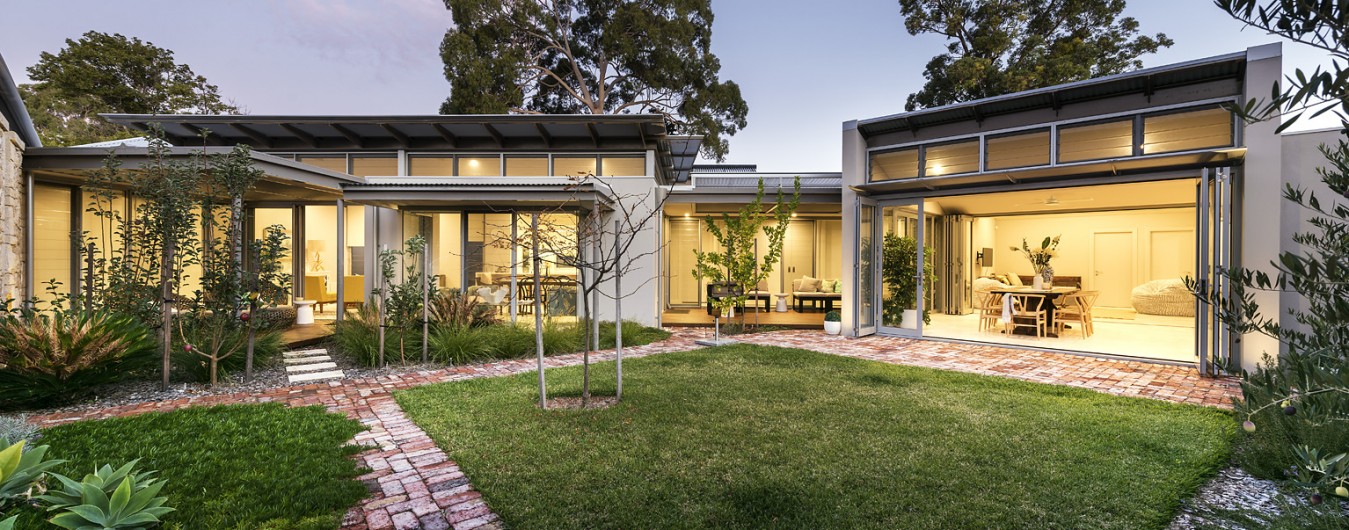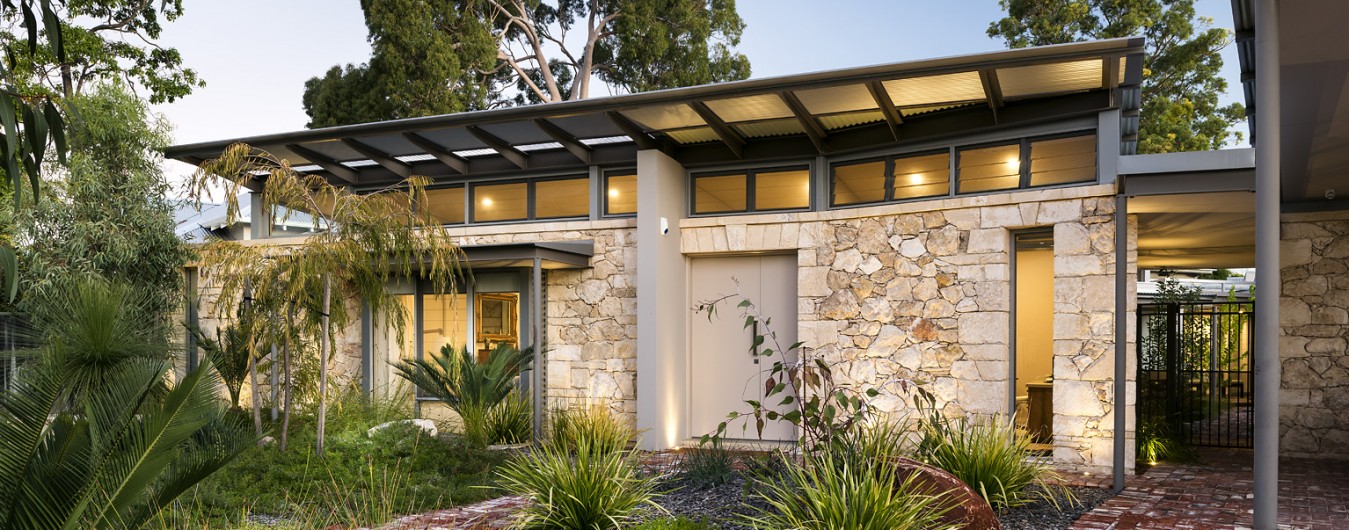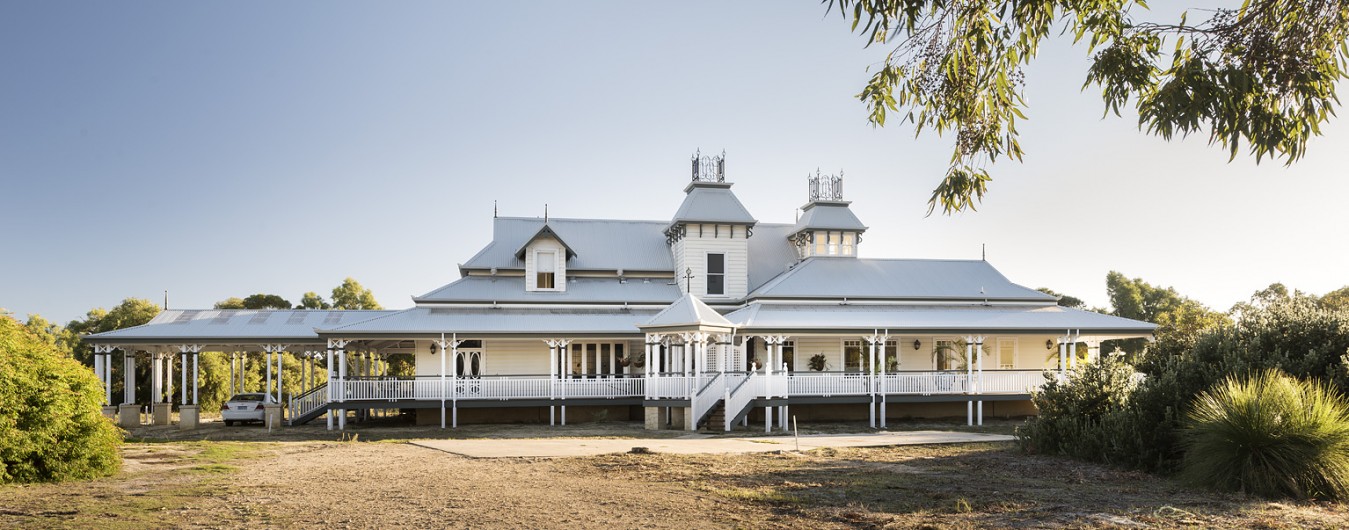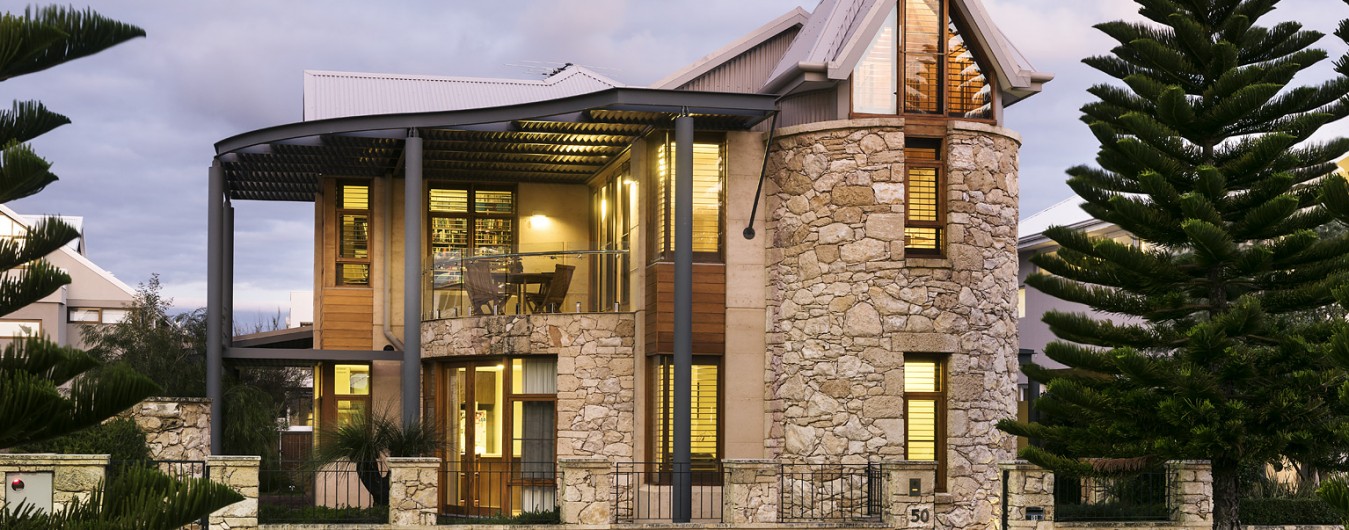Australia Climate Change Committee welcomed
WA Sustainable Energy Association Inc. (WA SEA) 27 September 2010
Australian Climate Change Committee welcomed by Australia’s largest energy chamber.
The WA Sustainable Energy Association Inc. (WA SEA) welcomes the announcement today by Prime Minister Julia Gillard of the membership and terms of reference for the new multi-party Climate Change Committee to help build consensus on how Australia will tackle Climate Change.
The Prime Minister said “the Committee will start from the position that a carbon price is an economic reform that is required to reduce carbon pollution, to encourage investment in low emissions technologies and complement other measures including renewable energy and energy efficiency.”
WA SEA continues to support a national emissions trading scheme based on scientifically established reduction targets as the best way to tackle the challenge of bringing down Australia’s emissions.
‘A combination of a trading system, paired with direct incentives for industry to reduce emissions through both energy efficiency and procurement of lower emissions energy, will actually diversify the economy and create a more robust environment for business. Energy efficiency is a critical component as it will reduce inflationary pressures that would otherwise occur through spiralling fossil fuel prices,’ says Prof Ray Wills, Chief Executive of WA SEA.
‘Investments in energy efficiency and renewable energy will deliver projects returning real profits in real operations with real jobs that deliver real, emissions-free energy, and help build a more efficient, more sustainable economy.’
‘We must fundamentally change the way we think about energy and how we do business. The economic naysayers who say climate change is simply inconvenient are still planning an economy based on paradigms and activities of the last century that simply do not add up, nor do they provide the solutions needed for this century.’
‘Climate change is real, the impacts are already proving dire and will only get worse, humans are causing it, and we need to stop,’ says Prof Wills.
As Australia’s largest energy chamber, WA SEA looks forward to working directly with the Climate Change Committee, and as a member of its business roundtable to establish a policy response to climate change that is builds a sustainable economy for Australia into the 21st Century.
WA SEA is particularly pleased with Prime Minister Julia Gillard’s inclusion and commitment to the Climate Change Committee underscoring that action on climate change is a core duty of the new Federal Government.
Media contact: Prof Ray Wills 0430 365 607
Editors notes:
1. Prime Minister’s media release on Climate Change Committee http://www.pm.gov.au/node/6923
2. The Western Australian Sustainable Energy Association Inc. (WA SEA) is a chamber of enterprises has a growing membership of 260 industry members from a diversity of businesses, and the largest state-based industry body of its kind in Australia. www.wasea.com.au.
3. WA SEA bringing you the Energising South East Asia Conference 23-26 March 2011, Perth.



